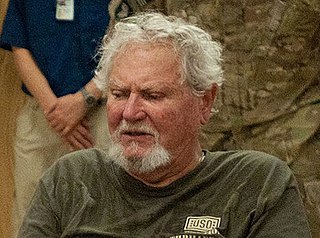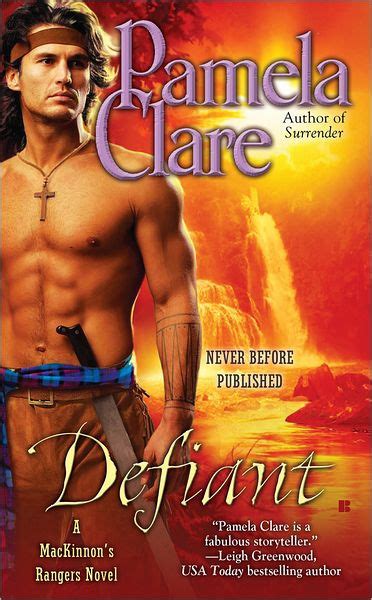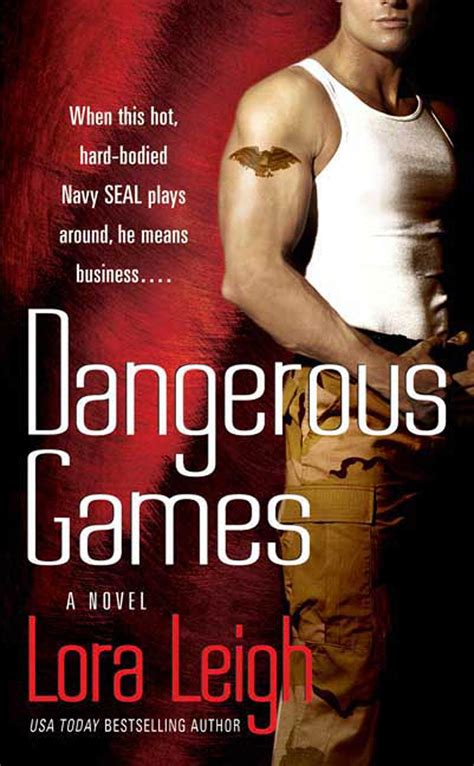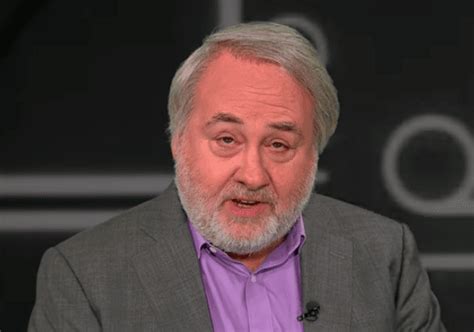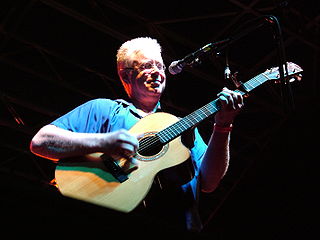A Quote by Nelson Algren
I've always figured the only way I could finish a book and get a plot was just to keep making it longer and longer until something happens - you know, until it finds its own plot - because you can't outline and then fit the thing into it. I suppose it's a slow way of working.
Related Quotes
I plot as I go. Many novelists write an outline that has almost as many pages as their ultimate book. Others knock out a brief synopsis... Do what is comfortable. If you have to plot out every move your characters make, so be it. Just make sure there is a plausible purpose behind their machinations. A good reader can smell a phony plot a block away.
It's like the piano and the cello are being poured into my body, the same way the IV and blood transfusions are. And the memories of my life as it was, and the flashes of it as it might be, are coming so fast and furious. I feel like I can no longer keep up with them but they keep coming and everything is colliding, until I cannot take anymore. Until I cannot be like this a second longer.
With a novel, you have the reader with you a lot longer, and you owe him a lot more. Obviously you have to have a plot - I say "obviously," although I think a lot of fiction doesn't, and nothing seems to happen. But to me, there should be something that happens, and it should be at least vaguely plausible. And because the readers are going to be with these characters for a long time, you have to get to know them and like them and want to know what happens to them.
I didn’t know how much I could love until you were gone. Until your laughter no longer filled my home, your wicked high jinks no longer made me crazy. Until I stood in that damned club and knew, without you by side, my life was as empty as my bed was without you in it. I didn’t know what love was, until I saw my refusal to admit it drown all the sweet innocence in your eyes. I love you.
My first book, 'To Be or Not To Be,' took 'Hamlet' and converted it to the choose-your-own-path format. It was a great fit for a book where you control what happens - a book as game - because the plot of 'Hamlet' is very game-like: get a mission from a ghost to kill the final boss, kill the final boss, and game over. You win.
Chris Claremont once said of Alan Moore, "if he could plot, we'd all have to get together and kill him." Which utterly misses the most compelling part of Alan's writing, the way he develops and expresses ideas and character. Plot does not define story. Plot is the framework within which ideas are explored and personalities and relationships are unfolded.
If I had to catalog all the moronic plot turns in The Day After Tomorrow, we'd be here until the next ice age. It's just so very bad. You can have a pretty good time snickering at it-unless, like me, you think there's something to this global warming thing, and you shudder at the irony of a movie meant to warn people about a dangerous environmental trend that completely discredits it. Is it possible that the film is a plot to make environmental activists look as wacko as anti-environmentalists always claim they are?
It never occurred to me that our lives, until then so closely interwoven, could unravel and separate over a thing like that. But the fact was, I suppose, there were powerful tides tugging us apart by then, and it only needed something like that to finish the task. If we'd understood that back then-who knows?-maybe we'd have kept a tighter hold of one another.
Sometimes I catch myself doing something that I've already done. The more I've done, the more that's likely to happen. Then I just throw it away. I wait until I've got the right way of getting a thing done, which means my songwriting proceeds at a very slow pace. But it's the only way I can really work.

